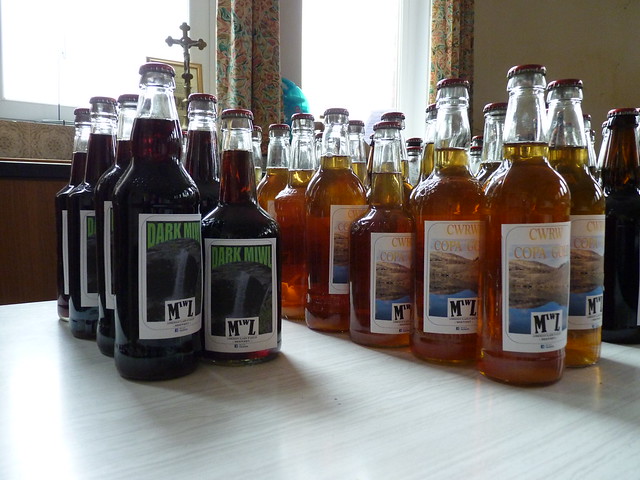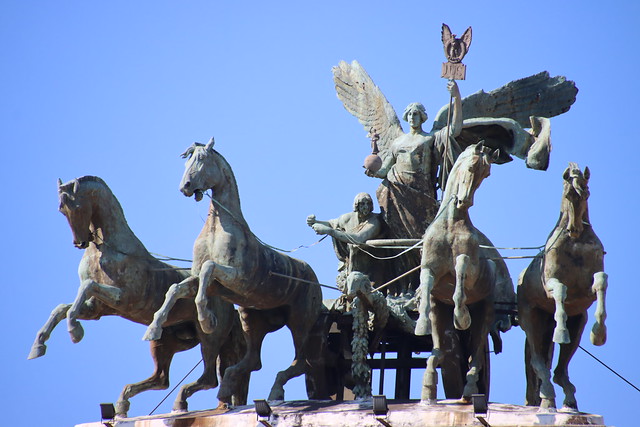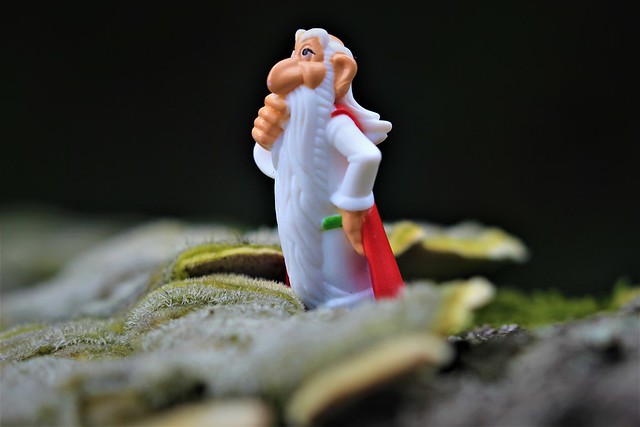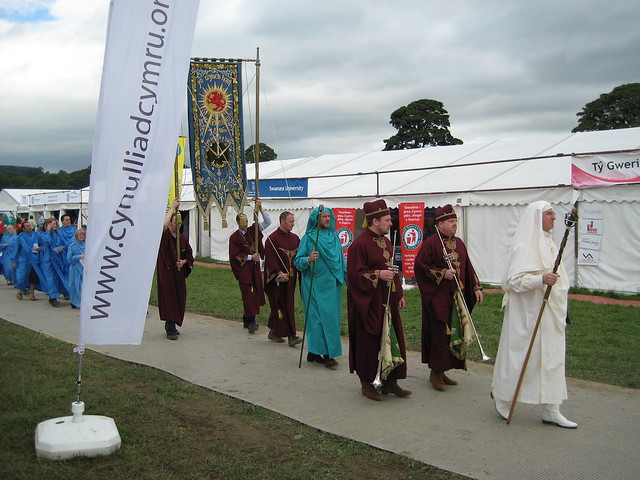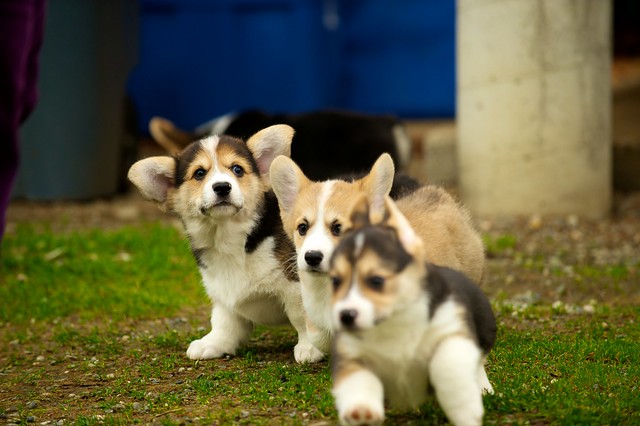Podcast: Play in new window | Download
Today we are unloading the origins of the word quay.
A quay [kiː/keɪ] is:
- a stone or concrete structure on navigable water used for loading and unloading vessels; a wharf.
It comes from the Middle English key(e) [ˈkɛi̯(ə)] (quay), from the Old French kay / cail (quay, wharf), from the Gaulish *kagyum / *cagiíum (enclosure), from the Proto-Celtic *kagyom (pen, enclosure), from the Proto-Indo-European *kagʰyóm (enclosure, hedge) [source].
The spelling quay was adopted in the 1690s to emulate the French spelling quai. In Middle English it was spelled kay, kaye, key or keye.
Other words from the Proto-Celtic root *kagyom include cae [kaːɨ̯/kai̯] (hedge, fence, field, enclosure) in Welsh, ke (fence, hedge) in Cornish, kae (hedge, quay) in Breton, quai (quay, wharf, platform) in French, and cais (quay, wharf, pier) in Portuguese [source].
Words for quay in the Celtic languages come from the same Proto-Celtic root, via Middle English / Anglo-Norman and Gaulish. They include cidhe [kʲi.ə] in Scottish Gaelic, cé in Irish, and cei [kei̯] in Welsh [source].
Here’s a video I made of this information:
Video made with Doodly [afflilate link].
I also write about words, etymology and other language-related topics on the Omniglot Blog, and I explore etymological connections between Celtic languages on the Celtiadur.
You can also listen to this podcast on: Apple Podcasts, Amazon Music, Stitcher, TuneIn, Podchaser, PlayerFM or podtail.
If you would like to support this podcast, you can make a donation via PayPal or Patreon, or contribute to Omniglot in other ways.


